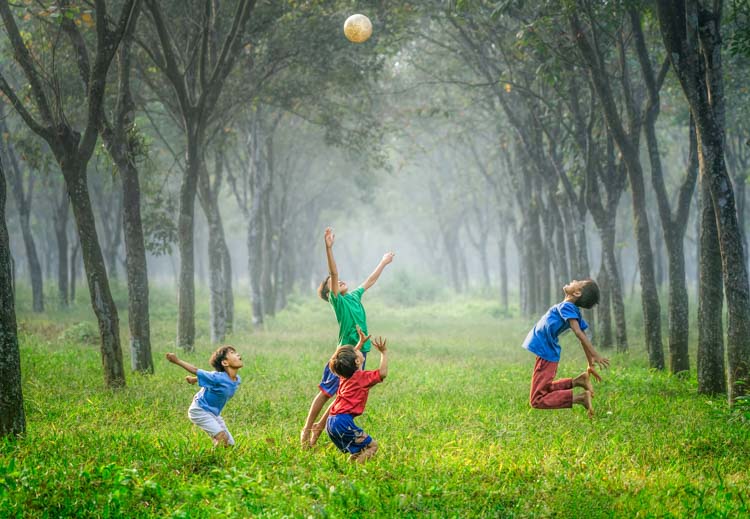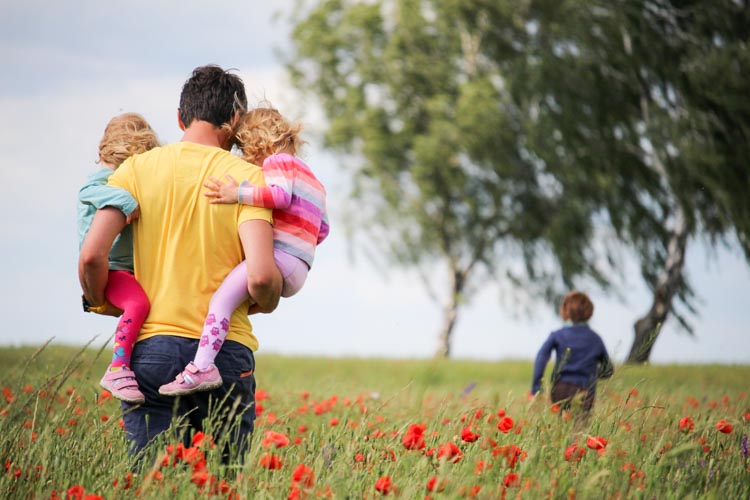Celebrate our youth around the globe this World Children’s Day
During the month of June, we celebrate World Children’s Day in order to improve the well-being of children around the world.
What is World Children’s Day?
The purpose of World Children’s Day, celebrated annually on 1 June, is to raise awareness of and support children’s welfare across the globe. World Children’s Day was formally introduced as a United Nations event on 20 November 1954 and supports “international togetherness, awareness among children worldwide, and improving children’s welfare”. The mission at its core is to protect children’s rights, end child labour and improve access to education.
Needless to say, World Children’s Day is a special day. It acts as a reminder for the world to address problems that have direct or indirect consequences to the welfare and wellbeing of children worldwide. A day where we come together to change the way children are viewed and treated by society and to improve child welfare overall.
Although the day is celebrated globally, many countries recognise World Children’s Day on varying days of the year. There are some who celebrate the day on 20 November to commemorate the historical nature of the date, whereas others opt for days in October and December, however the message remains. That children’s rights are not special rights or different rights. They are human rights.

Why do we have a Children’s Day?
Over the past 30 years children’s lives have been enriched by our increased awareness of the importance of child welfare. Since 1989, there has been a 50% reduction in deaths of children under 5 years old and the proportion of undernourished children has halved since 1990. However, it’s still not enough to ensure every child has every right. Things like poverty, inequality, discrimination and distance continue to deny millions of children their rights every year, as 15,000 children under 5 still die every day, mostly from curable diseases and other preventable causes.
By celebrating World Children’s Day, we can draw the attention of one important issue, children’s well-being throughout the world. Together we can bring awareness to children around the globe who have experienced violence in forms of abuse and exploitation. Also, to those immersed in armed conflict, suffering from differences be it religion, minority issues, or disabilities.
The benefits of travel for children:
World Children’s Day celebrates children from all nations in the far corners of the globe. By exposing our children to the lives of other children around the world, there are many benefits to be gained.
Educate children and young adults about global issues from home
By exposing children to global issues that other children are facing around the world, like poor access to education and violence, we increase their cultural awareness and encourage them to communicate with people from a wide range of diverse backgrounds.
Not only that, this new understanding will assist in providing children and young adults with their own cultural identity. It allows them to recognise the opportunities that are created by diversity across our planet.

Increase self-awareness and self-confidence by reconnecting with nature in your local area
Camping might not be everyone’s first choice when it comes to family holidays but getting outside and reconnecting with nature has been shown to help improve children’s mental and physical well-being as well as increase their self-confidence and self-awareness.
Going for a walk in your local park, building a treehouse or maybe going on a multi-day adventure in a National Park near home will provide kids the opportunity to enhance their problem-solving skills, focus and self-discipline.
Promote adaptability by travelling to a foreign country
By its very nature, travel is full of unpredictable experiences in unfamiliar environments. By travelling to a foreign country, it’s easy for children (and adults alike) to feel out of their comfort zone. Teaching kids to be flexible in uncertain situations allows them to adapt, anticipate change and help conceive a plan B. Overall, they become more comfortable in the unknown.
How you can get involved in this event and celebrate children?
Governments globally work together with not-for-profit agencies that specialise in fulfilling children’s needs and overcoming problems. If you would like to do more, you can help by:
Sponsoring a child through Save the Children
You can sponsor a child for as little as $1 a day. Your contributions go towards providing a healthy and successful start to a child’s life through education, health and safety.
Donate
There are many platforms in which you can donate to help children in need, for example, Humanium and Unicef pledge that for every child there is a fair chance, health, safety, drinking water and education.
Consider a family holiday with Exploriada
There is nothing quite like the experience of travelling for families to reconnect with each other and discover new cultures through history and language. You can find out more about private family adventures.
Lexi is your ultimate wanderlust enthusiast with an incurable case of curiosity and a deep passion for action on climate change. You can read more of her work www.avaycay.com. Find her on Facebook or Instagram @avaycay.








